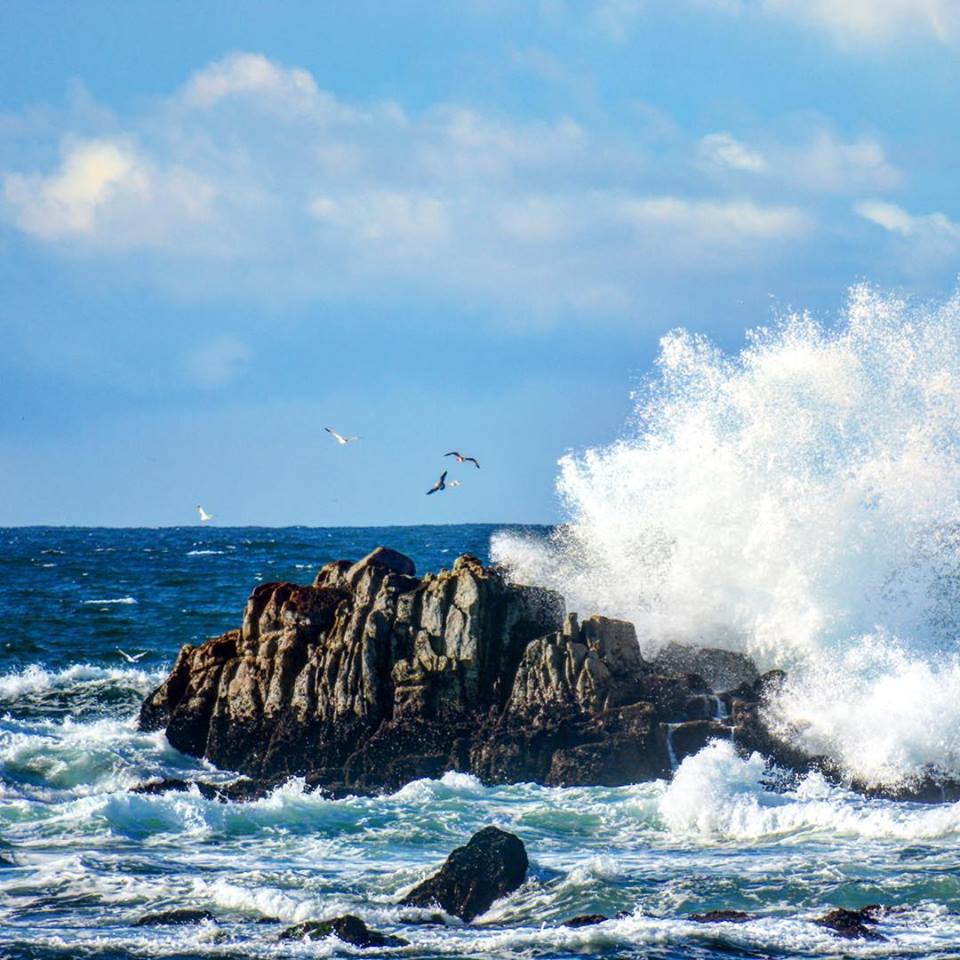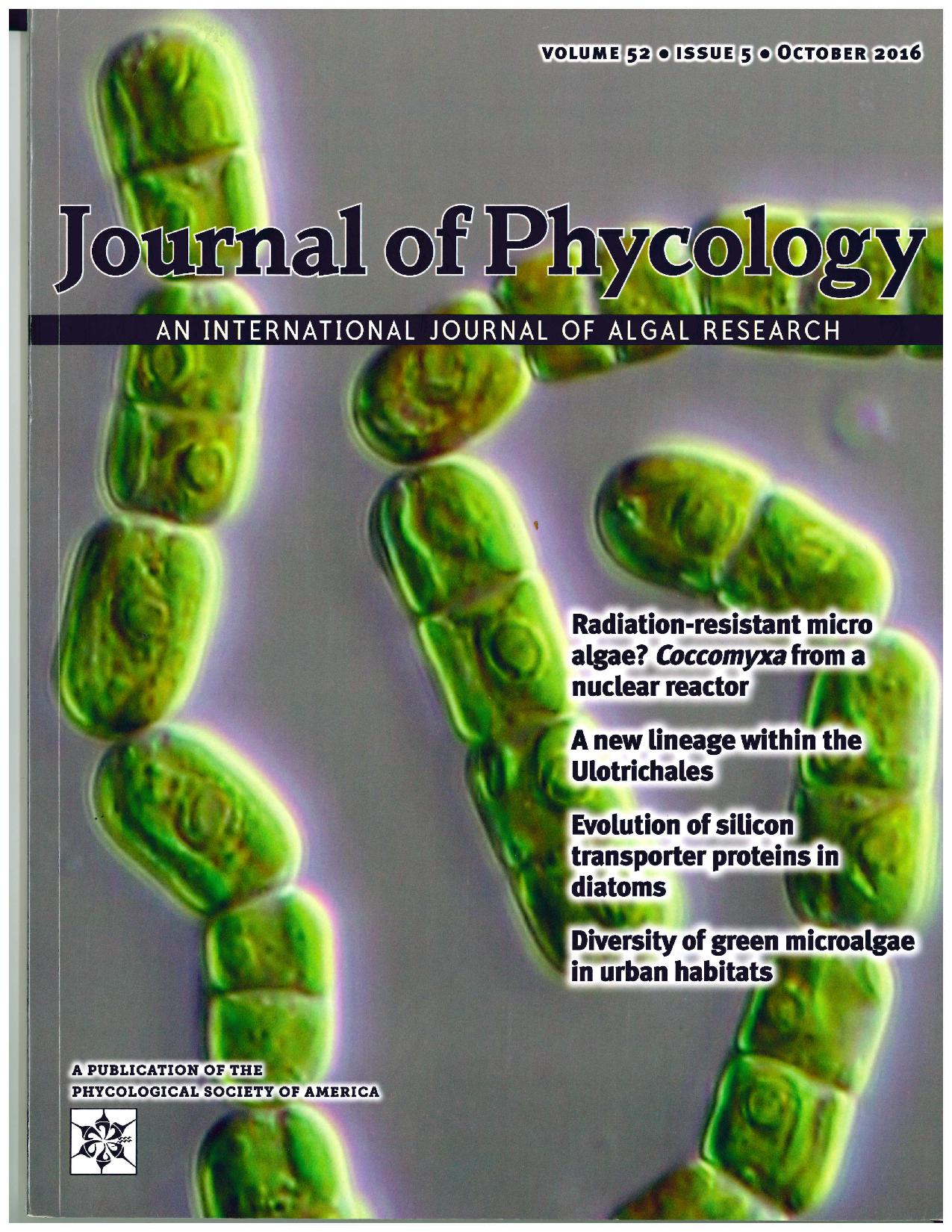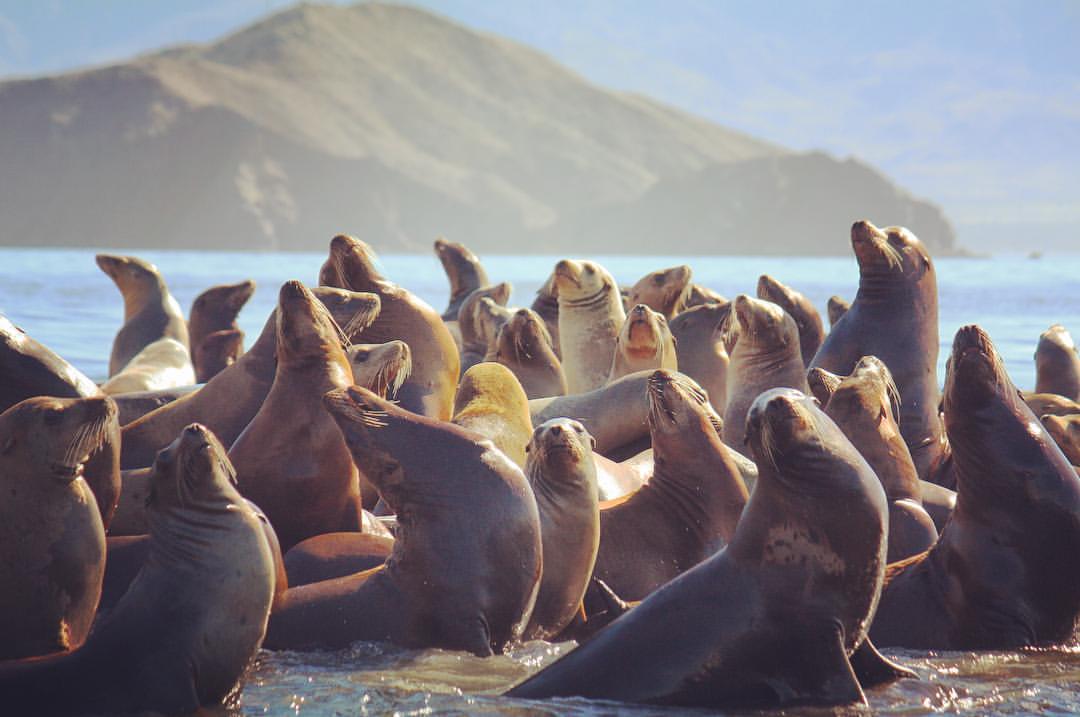By Vicky Vásquez, Pacific Shark Research Center
Trying to navigate the murky waters of credible marine science can leave knowledge-seekers feeling lost at sea. Like a beacon of light guiding seafarers, scientists at Moss Landing Marine Laboratories (MLML) have been discussing their best on-line sources for accurate information. Those recommendations have now been compiled into three groups of credible marine science sources with the following social media abbreviations: Instagram (IG), Facebook (FB), YouTube (YT) & Twitter (TW):
1) MLML: We’re starting things off with a comprehensive list of all our sources.
From lab webpages to MLMLers on social media, these links shed light onto the inner workings of science as it unfolds. Principle sources are in bold with any related sub-links below them.

2) Scientific Journals: The following is a list of scientific journals focused on or related to marine science that have published many MLML scientists.
Marine science journals are a great resource, yet not all journals use a rigorous peer reviewed process. Examination by other experts ensures the scientific validity of a study and decreases the likelihood of errors being published. Nevertheless, it’s important for readers to realize that a paper published in these journals may still be a matter of debate in the scientific community. This is because papers usually serve as one piece of the puzzle. More so, if the conclusions of a paper are deemed controversial or doubtful by other scientists, the opposing scientists may issue a rebuttal.The scientific community therefore makes a consensus on a particular subject matter based on the collective work from several studies by many scientists. As a result of this meticulous process, it can take many years for the scientific community to reach a consensus on a particular subject. Nevertheless, during this process not all journals are inclined to issue rebuttals for studies published through their journal. In addition, the reputation of a journal can change overtime in either direction. Consequently, when looking through scientific papers here are few things to look out for:
- What journal did they publish in?
- Is that journal peer-reviewed?
- Does that journal publish rebuttals?
- Have the authors published on this topic before?
- If relevant, what was the sample size of the study?
- Are the study's conclusions to scale with the scope of the study?
- For example, if a study conducted field experiments in the summer, is it reasonable for them to make conclusions about the entire year?
- If you have access, perhaps ask a professor working on that subject for their opinion.
*These are not scientific journals, but instead serve as search engines for published work.

3) Social Media: These outlets can be an entertaining approach to translating complex science topics for a wider audience.
For breathtaking images of the deep sea, adorable animal videos and a breakdown of today’s marine science issues, take a look at the links below. The recommendations include marine science blogs, news sources & similar outlets. Similar to the concerns with scientific journals, people seeking the most accurate information should always consider where the information is coming from.

A Note from our Research Librarian
Navigating through credible and dubious marine science sources is an ongoing challenge. In addition to the MLML community’s recommended sources, we’ve also enlisted the help of Katie Lage, MLML/MBARI’s research librarian for some advice. From Ms. Lage:
Whether you’re looking for current news or academic articles for your thesis, it’s important to evaluate your sources.
So how can you tell if a website is credible or is delivering accurate information? Here are a few questions to ask yourself as you read:
- Who wrote the article?
- What are the author’s or the organization’s qualifications or domain expertise?
- What is the purpose of the website?
- Explore the content of the website. Is there a mission statement or About page?
- Is the content mostly subjective (biased or opinionated), objective (factual), or mixed?
- How current is the information?
- Can you tell when it was last updated or when an article was written? Are there broken links?
A credible source should clearly state authorship and qualifications and present factual material.
Finding Scholarly Articles
What’s the best way to find scholarly articles? The MLML/MBARI Research Library! Scopus is a good place to start. Scopus indexes over 21,500 peer reviewed articles in the sciences, technology, and other disciplines and includes links to full text. You can find the link to Scopus and more important databases from our home page, https://library.mlml.calstate.edu/.
Need help finding or evaluating library resources? Contact the MLML librarian, Katie. klage@mlml.calstate.edu
Special thanks to the MLML community for providing their recommendations on credible marine science sources.


